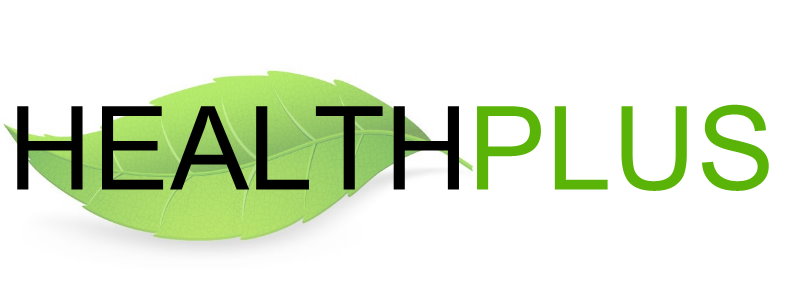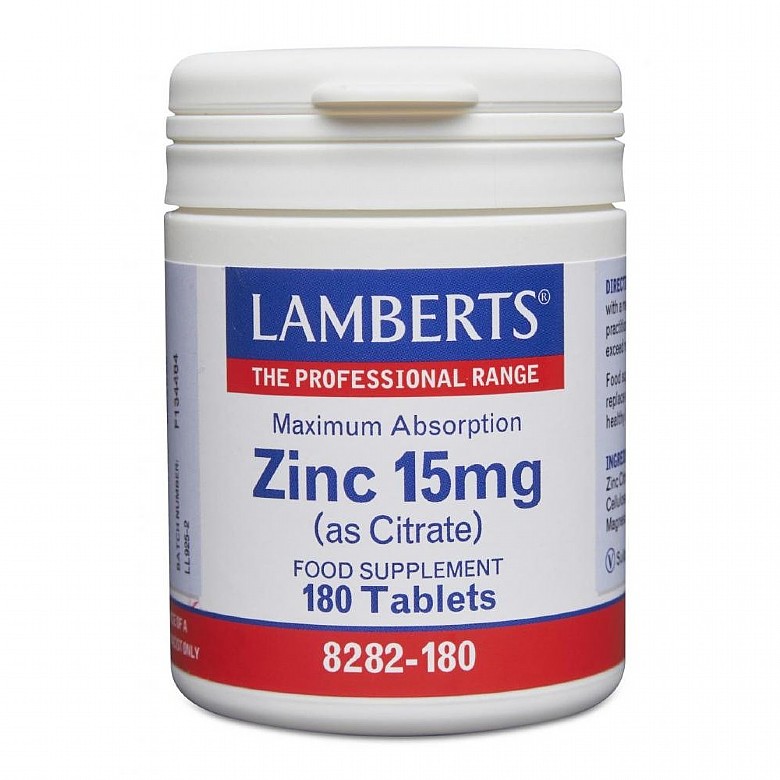What is Zinc?
Zinc is an essential mineral found in all organs, tissues, and fluids in the body.
As the second most abundant trace mineral in the body after iron, it plays a pivotal role in a variety of biological processes.
Zinc is required for the catalytic activity of more than 300 enzymes involved in the synthesis and metabolism of carbohydrates, fats, proteins, nucleic acids, and other nutrients.
Zinc also plays roles in stabilizing cell and organ structures, immune function, wound healing, cell division, growth, blood clotting, thyroid function, vision, taste, smell, and more.
Zinc for immune function
When you’re low on zinc, your immune system suffers. That may be why research has linked inadequate zinc levels with an increased risk of pneumonia, diarrhea, and other infectious diseases.
Zinc for the common cold
The immune-system link may also explain why one of the more popular uses for zinc is for cold prevention and treatment. But does zinc work for colds? The research is mixed, but some compelling studies suggest that it is effective.
That’s in part because inadequate zinc levels impair immune responses, but other zinc benefits are at work here too. For instance, zinc can inhibit rhinovirus (the virus that causes colds). It can also calm inflamed nasal passages. But the trick is to use lozenges or syrups, which spend more time in contact with the nose and throat. Also, be sure to take zinc within 24 hours of when you start feeling cold symptoms for best results.
A word of warning: Nasal sprays and gels containing zinc have been known to damage the sense of smell in some users, so you might want to avoid those. Consult with your healthcare practitioner to get the best health advice.
Zinc for eye health
Some research suggests that taking 80 mg of zinc in combination with the antioxidants vitamin C, vitamin E, and beta carotene every day may reduce the risk of age-related macular degeneration (AMD). AMD is a form of progressive vision loss that affects 11 million Americans and 170 million people around the world.
Zinc for acne
Acne can come about when your hormones are raging—as in adolescence or—but it can happen at other times in life too. Zinc is a common treatment for acne. For mild acne, a topical cream containing zinc (which is anti-inflammatory) may be enough to keep the zits at bay. But for more severe cases, you might want to try a zinc supplement. Research has shown that oral zinc can help reduce acne. In fact, one study found zinc to hold its own against the antibiotic minocycline as an acne treatment.





Leave a reply